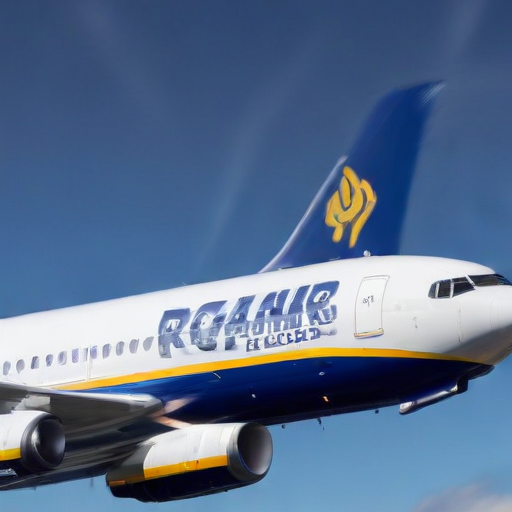Ryanair has expressed disappointment in its recent business performance, leading to investor discontent as well. The Irish budget airline’s stock fell by 17% following an earnings report that revealed weaker-than-anticipated results. The company reported revenue of €3.6 billion ($4 billion), consistent with the previous year; however, profits saw a significant decline, nearly halving to €336 million.
CEO Michael O’Leary acknowledged the 10% rise in passenger numbers, totaling 55 million, but emphasized that achieving this growth required considerable effort. He noted that while traffic growth is robust, there is a pressing need to stimulate fares and bookings, especially with disappointing close-in bookings leading into the busy months of July, August, and September.
Ryanair is facing not only softer demand but also rising labor costs, compounded by delays in aircraft deliveries from Boeing—an ongoing concern for O’Leary. He has expressed frustration with Boeing over the years, particularly in light of a recent incident involving a 737 Max 9 mid-flight failure.
CEO O’Leary highlighted that consumers appear to be feeling the effects of inflation and stagnating economic growth in the European Union, which may affect travel habits. In light of this, he suggested that a temporary reduction in capacity could benefit Ryanair in the long run. With fewer aircraft expected to be operational in summer 2025, and no growth in capacity for the subsequent two years, O’Leary remains cautiously optimistic that this strategy might serve the airline well given the anticipated pressures on consumers over the coming months.
This situation illustrates the resilience and adaptability of Ryanair in the face of market challenges. The company’s proactive stance in adjusting its capacity suggests that it is looking to navigate the evolving landscape effectively, potentially positioning itself for stronger recovery as conditions improve.
